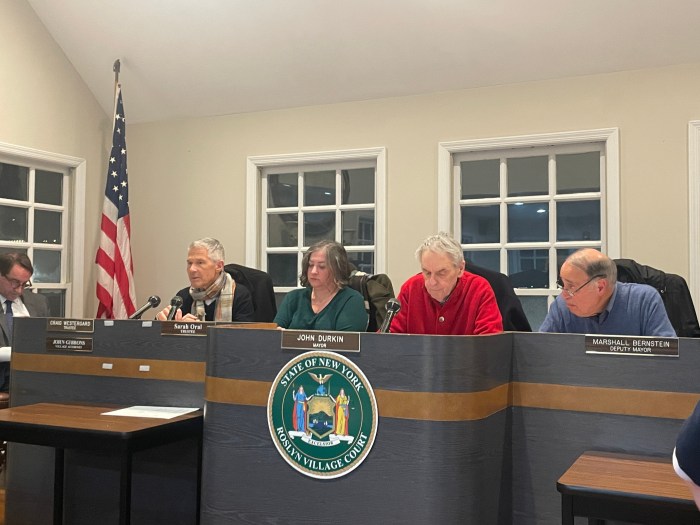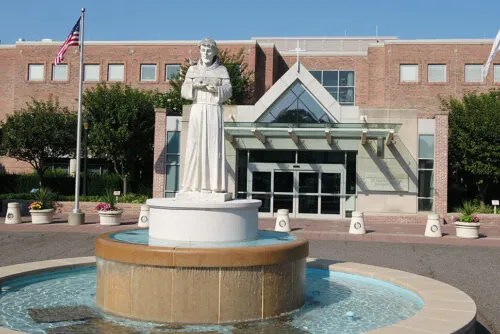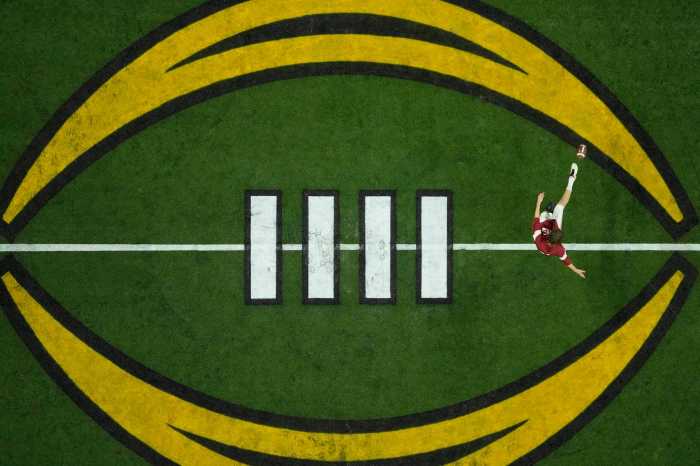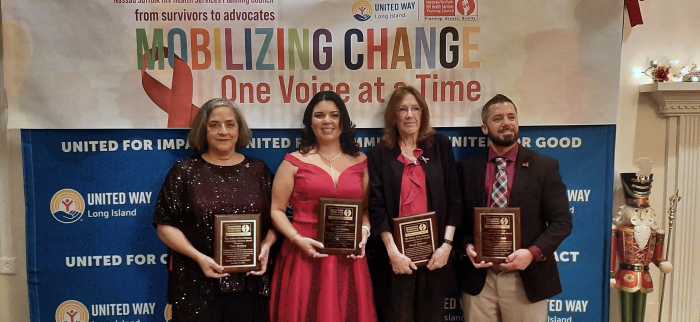North Shore Directors of Secondary Mathematics and Science, Kim Mattis and Steve Menchel, presented reports on the state of their departments to the Board of Education during their regular meeting on Feb. 6.
The over-100-page report the directors delivered to the board used interviews and surveys conducted with students and parents to find that most students felt strongly about their readiness in science and math classes. Mattis and Menchel informed the board that up to half of students in certain career paths felt uncertain about their engagement with science and math courses.
A total of 516 high school students responded to the Directors’ surveys, which found that around 40 percent of students wanting to pursue a career in engineering, education, and business were uncertain about whether there was a clear pathway to follow science in their future careers. Students pursuing the same careers felt slightly more confident about how they could follow math in their career pathways, except for students seeking engineering careers.
“We need to go back and think more about those real-world connections and applications in math and I think that’s something we can work on as a department,” Mattis said.
“I would like to see our guidance department in conjunction with the directors really work on some stronger visuals or clear pathways for what a student should take,” Menchel said.
While some students were uncertain about whether they could apply the math and science skills they learned in high school to their future career goals, test data shows that North Shore students test above both county-wide and international averages in regents and college-level courses.
Students scored at least 4 percent higher than the regional average on all science Regents exams, and Earth Science test takers in 2024 scored 11.4 percent higher than the regional average, which covers mostly Nassau. Test scores were even higher in constructed response sections where students had to explain their answers.
On 2024 math Regents exams, North Shore students scored even higher. In each of the five math Regents exams offered, students at North Shore scored at least 10 percent higher than the regional average, with geometry test-takers landing 19.2 percent higher than the regional average. And again, students scored highest in sections where they had to explain their responses.
Interviews with students taking advanced placement courses showed that many students taking college-level courses in math and science could apply the skills like statistics they learned in one course such as IB Math with another like AP Biology.
“In math, we focus more on the numbers, and that ends up being really helpful in Bio when we do FRQs (free-response questions) because we already know how to do the numbers for math and then I’m able to learn how to put it into words in Bio,” one student said during the presentation.
Science classes utilize a Three-Dimensional Learning model. At the start of a unit, a phenomenon is introduced, allowing students to ask questions, conduct investigations, and eventually form arguments based on their evidence.
While the reports showed to Mattis and Menchel the success of this learning model along with other practices across the North Shore curriculum, improvements can be made to help students with disabilities and other accommodations.
Mattis and Menchel told the board that some of their recommendations include better outreach to low-income and disabled students and tailoring the often wordy resources from the Next Generation Science Standards for students who may not understand them.
































